First Quarter: The kitchen witch
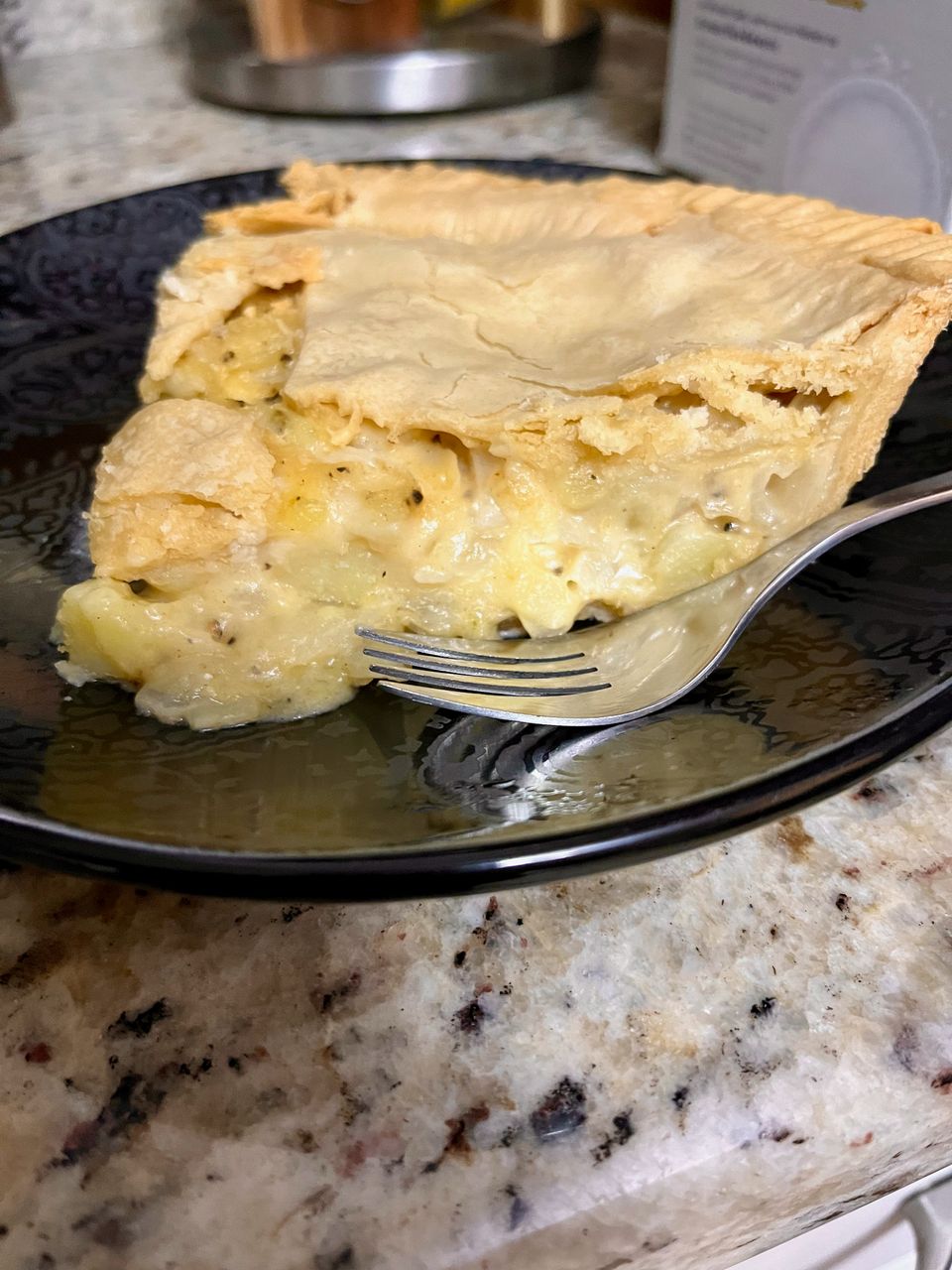
It's Friday. Hello. I'm ill, but on the mend, and the fog has lifted enough that I can write this. In this season when my household starts turning toward our most indulgent, warming, ready-for-hibernation recipes, I think it's time for me to work through some thoughts on what it means to be a kitchen witch — both as personal experience and as a mindset for the times to come.
As a bit of prologue, it's worth mentioning that I first heard the term kitchen witch at university, used by several friends there who were relative "elders" in our neopagan discussion group — and at first I really didn't understand what on earth they meant. I hadn't grown up knowing how to cook; I was sent off into my first taste of adult life with a few of my mother's sacred or at least revered recipes, but I'd never made them all by myself, and I hadn't tried to make anything else. Cooking was and still is something I have trouble doing on my own. And being such a novice at that time, I didn't have an ingrained narrative of the "cooking experience." I related to food as something that other people made for me, not as something that I could really work or play with myself.
Worse, although certain family meals growing up were assigned conceptual importance, before my parents' divorce the emotional energies at meals rarely felt like the warm, holy relations that I've heard of from other homes; after the divorce, I was raised in tandem by a mother who could cook certain things quite well but was too overworked for anything complicated, and by a father who would eventually turn into quite a foodie at his second wife's hands but who in my adolescence had a perfected cooking repertoire of maybe three dishes. So how could there be magic in the kitchen? I just thought it was the strangest way of looking at the world, almost a silly one.
But I wasn't confused by kitchen witch for very long, because soon enough I was being inducted into an apple-cooking party for Haust Blót — or Mabon, as most of my Wicca-influenced friends of course called it. That first gathering in a humble dormitory kitchen, where mouth-watering desserts were collectively made in homage to the almighty apple, changed my understanding of the culinary and the ritual in just a few hours. I think there were at least ten of us in there all together, sometimes sharing the work, sometimes talking and observing. Right away, I began to learn the Wheel of the Year as not just a timekeeping device but as a tool for seasonal eating, and I learned that if nothing else, a kitchen witch surely centers food in their holiday rites.
Within a couple more years, I started to understand more. There were limitations as I became too poor to really cook with much dedication, still not trusting myself on my own; I deferred most elaborate kitchen practices to the person who abused me, and fittingly perhaps I didn't like most of what she made. She was talented but usually had no regard for my own palate. But within that context I also spent an embarrassingly long number of hours every week in a stupor at the television, watching Iron Chef, Anthony Bourdain, and Alton Brown. From those men, even with some of their foibles or impossible-to-translate cultural distinctions, I learned much more about the technicalities of the kitchen and the relational power of shared meals.
And a few years after my graduation and escape, my owner and I began to cook more actively together, guided by his experimental instincts — and then we happened to host a couple of witch-aligned friends on the winter solstice, and they cooked us an immaculate dish of wild rice and mashed pumpkin. All the pieces suddenly knit together. A holiday dish was one of the things that called me back to the ritual practices I had both experimented with and abandoned in college. Kitchen witchcraft has guided both my owner and I as a constant throughline to our present rites.
Sharing the labor
One of the most central truths I've internalized about magic and cooking is something that I think should be a central truth of cooking as a whole: no one really does it on their own. Whether it's the collective contributions of all the plants and animals and fungi that go into the cauldron, or the assistance of line cooks and sous chefs, there's no such thing as a single master cook who invents and reinvents food totally through their own talents.
Therefore, I know I shouldn't speak about my owner's gifts in the kitchen like he's an unqualified genius and like I'm merely a humble worm who's lucky to contribute to what he creates. It's much more complicated than that, and there are a few dishes we make where I'm the central cook and he's helping me, or where he isn't likely to do much at all. However, as a cook he's both very skilled overall and significantly skilled in areas where I am not. Ironically, while I'm often more the stereotypical witch than he is and am not sure he would even ever claim the term witch for himself, I am still less of a kitchen witch, magician, or anything else than he is. Working alongside him does, however, help me overcome my areas of greatest weakness and allow me to feel like one day — maybe, just maybe — I will fully count myself among the kitchen witches of the world.
Because outside of demolishing genius cook paradigms, another consideration about cooking as a collaborative process is that I don't have to make everything on my own, or be the "leader" on a cooking project, to still facilitate magic at the stove. No — I don't love sharing kitchen space with just anyone.[1] But the role I perform in the kitchen runs in parallel with my most natural kink habits: I am submissive to my owner's vision, offering feedback but usually not the arch-planner; I take the lead on very specific dishes that interest me; I don't like doing some grunt work at all and will instead defer to him taking that on, but a couple chores are instinctive. Some examples of the balance we find:
- I'm squeamish about handling meat (except fish) and don't even like preparing it with gloves on. Conversely my owner is passionate about meat prep so that's usually all his work.
- I do enjoy peeling or chopping most vegetables and fruits, so we split that however feels convenient. If meat has to be cooked up separately, I'll often cook the plant matter, including grains like rice or pasta. Each of us minds one stove burner or item in the oven.
- Many times there are dishes where everything goes in together, in which case my owner takes on much more active cooking work than me. But I'm a compulsive tidier, so I clean up behind him, leaving us with very little to clean after the meal's been eaten.
- We sometimes share duties when baking, or he will bake things on his own, but I feel more innately confident with baking's precise measurements and rules. Although the time and effort is a deterrent for baking every week, my clearest pathway to kitchen witchcraft is through that tradition, and it's where my passion lies, perhaps like my owner's relationship to meat.
I suspect that a third to a half of our meals are just in my owner's hands, but this derives not from lingering imbalance, rather from how cooking for others is one of his primary love languages, to use relationship psychology terms. It's ultimately a lesser language for me, so I leave him to it when he wants total control. After all, he is a service-oriented dominant, providing for his pet rather than seeking constant labor from his slave. But a pet performs tricks occasionally, like perfecting certain dishes; and in our more shared efforts I think I always help just enough to trust my competence without sending my head spinning off my neck.
That feeling is beautiful to me because while my autism impedes my executive function only in a few areas, those areas include cooking without a cooking-partner. I was brought up to independently explore things that came quickly to me, but while I cherish that part of my education, I lament that I was given far fewer motivators to explore things that I don't really understand. On the one hand I'm content with living as a master of a few trades instead of a jack of all, but on the other hand this is a problem in a society where interdependence is discouraged or treated as embarrassing — you had to ask someone else to fix something for you? how weak! — and it's also a material problem when one's steepest learning curves are attached to literal survival skills. Cooking is part of survival, and as I've mentioned already, I was brought up without immersion in it. Thus: even when I make a dish that I'm proud of and have made well on dozens of occasions, if too many parts (or any new parts) are involved I can grow very stressed in the process.
It becomes instantly easier for me to cook when I can mirror what someone else is doing, or fulfill a simple role where I take directions. Is this outlook the best for feeding the wilderness? No, but if I'm out there all by myself then I already have larger problems like why I can't turn to a local community for things besides food either. I do believe that to fully conquer my lack of confidence in the kitchen, I need to continue therapeutically addressing my aversion to trying things that might, well, go wrong — but that is about managing stress for when I do cook. It is not about whether I need to stand completely on my own two feet, because nobody does.
What kitchen witchcraft really seems to be
Everything I've reflected on so far is about how my owner and I make food. Where does the ritual come in that elevates a meal beyond a meal? Having started to accept that I could actually become, or perhaps even am, a kitchen witch, I want to shift my focus to the witching itself.
Here is what I know so far.
First of all, my owner and I both see alchemical magic in the transformations that food goes through when it's cooked. I suspect this is a common thread for many kitchen witches — I've heard it from plenty. From the scientific angle, a kitchen is a chemistry lab, but cooking is far older than modern chemistry, and so is the occult. Even as a witch I often feel hard-pressed to describe any outright mystical experiences I've had; there are some, but they're very special. Lately I've been coming around to the idea that most everyday magic is just that: everyday. Mundane. It does not feel different from this reality, because reality is magic. And this manifests particularly well in the caramelizing of onions, the pH shift from a splash of wine, or the intoxicating effect of a pinch of salt in an otherwise sweet dessert.
Something else I know is that a good meal is medicine. I partly refer to the ingredients of the meal: any kind of nutrient gives us some benefit under the right circumstances, so assembling a fitting collection of ingredients should confer a health effect. But I also am no expert on a perfect diet, and anybody who says they are is lying. Each person's body needs different things more or less than others, and a species that's grown, tended, hunted, or foraged in one place may have a different nutrient profile than a fellow that's found in a totally different environment. As I think I've mentioned with regard to herbalism, nobody can reliably prescribe any non-pharmaceutical remedy to someone if they aren't intimately familiar with that particular person and if they aren't equally familiar with a specific, local supply of the herb — and by extension all foods — in that bioregion.
So besides the complexities of nutritional science and land-connected lifestyles, when I say a good meal is medicine I mean it more in the respect that I used to hear from my televisual friend Mr. Bourdain[2]: eating something that tastes wonderful, no matter what it's made of, is its own cure-all. Even better if it's a gift for you from someone else. The love between you and the food, and the love between you and the person who made it — these are the healing factors. It is hard to stay healthy, or become healthier, without enough love.
It's such a platitude to say so, but I have to. I embrace much that is dark, painful, strange, and cynical, and yet that only makes matters of love stand out all the more.
The next thing I know of kitchen witchcraft is along those same lines. In our marriage, my owner and I have never specifically promised to always eat dinner together, and we haven't done so with absolute consistency either — but if we are both home for it in the first place, which is usually the case, then we eat dinner together. It doesn't matter how much food preparation is involved. We may even have separate dishes we picked up from takeout. But we will sit at our table, facing each other, and eat. Even if we haven't had breakfast or lunch like this, for dinner at home we make sure this happens. There is a quiet sanctity to our dinner times as much as to our co-preparation of the meal. As we have negotiated the terms of our non-monogamy, it would be one step for me to have sex with another person, and a much further step for me to make and eat dinner at their home.
Time & place
My final understanding of kitchen witchcraft rests right back where everything began. After living together since 2010 and living in rite since at least 2017, my owner and I still keep food at the center of our holiday observances. Even if the making of the food weren't witchcraft or some other understanding of magic, the placement of that food is its own ritual — and it establishes a narrative, a story, for what I know I'd like my witchcraft to be about.
The what is time, and it it is place. Most human lives, including my own, are out of step with time and place, beaten over centuries and chained into linear entropy and landlessness. As a witch I am in private service to my lord the Devil, but in terms of a public role I think I'm supposed to be a mender of old ways. To find circular time again through the stars and the cycles of water, nitrogen, carbon, life and death. To find place again through the knowing of plants and animals, the grounding of flesh in touch and sex and all other forms of contact. And to find the joining of time and place together: in the seasons.
So to not only eat food but to honor it, this is the most important rite.
We honored apples at the past equinox, my owner and I. In a little less than a week, we will honor vegetables from the ground, the hardy survivors of the coming season. On Jól, we will honor the game of the winter woods, such as venison or boar. And so on. It might be best if these foods were gathered completely by our own hands, but that is a work in progress; until then, we've at least begun to seek such foods (all foods, in fact, but especially these) from sources close to home. And we do pick the apples ourselves, even if it's not from a communal tree.
I am no longer in touch with any of the people who first taught me about kitchen witchcraft, directly or indirectly, but if I can ever speak to them, I want to thank them. And I want to thank my owner for giving me so much of that perfect food which is made in love, and for convincing me at some point that I can, in fact, cook at all.
Thank you.
[1] For instance, nowadays neither my owner nor myself are terribly fond of guests volunteering to do things in the kitchen alongside us. But although some of that may derive from a controlling instinct, I believe it's equally about our hospitality protocols: when you are the guest, you have food made for you, sit down and don't interfere. We would be bad hosts to pass work off to you.
[2] May he rest in peace.
This was brief, but probably for the best as I've been busy today in addition to recovering from this cold. Having laid out these first thoughts, I have no doubt that there will come future posts delving more into particular foods and recipes that hold ritual significance for me.
As for holiday meals, I wish you well for Calan Gaeaf/Samhain next week. That Friday I will have a dedicated holiday post for paid readers. The week after is then the first anniversary of Salt for the Eclipse, and I'll be writing some reflections on how my well-being and healing have come along since I began this project.
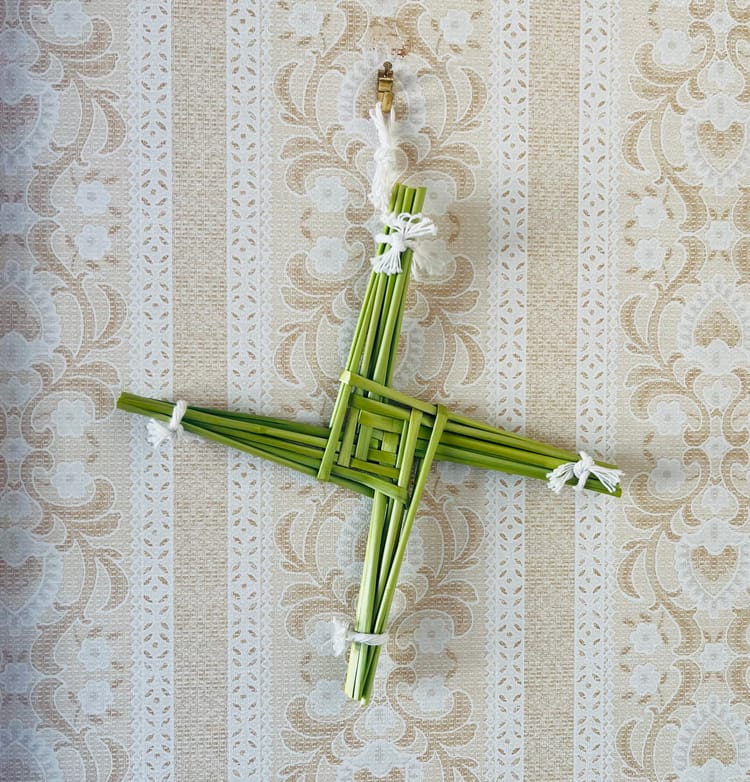
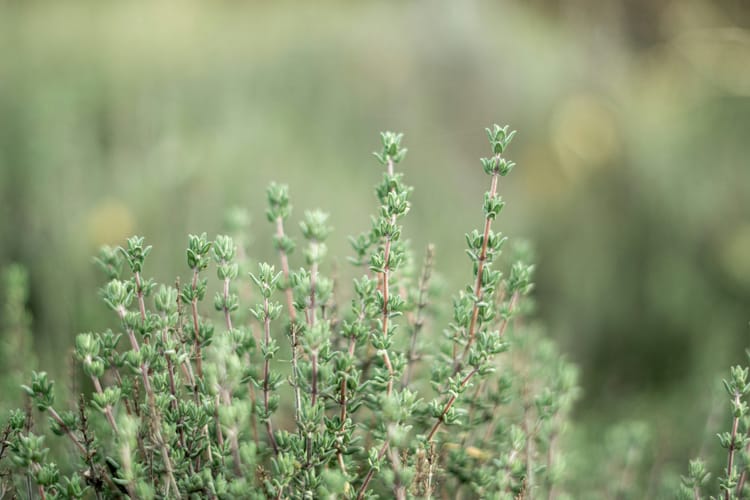
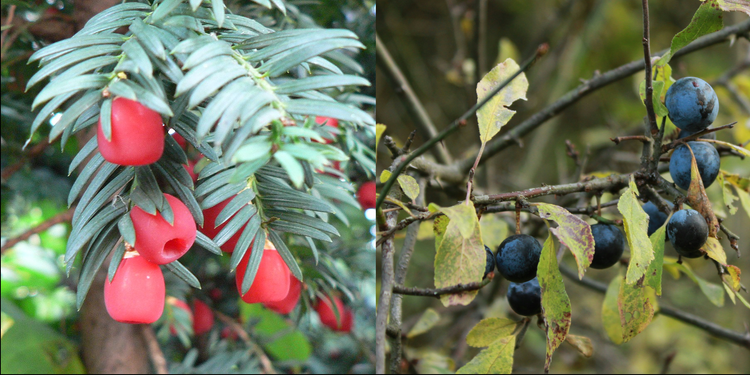

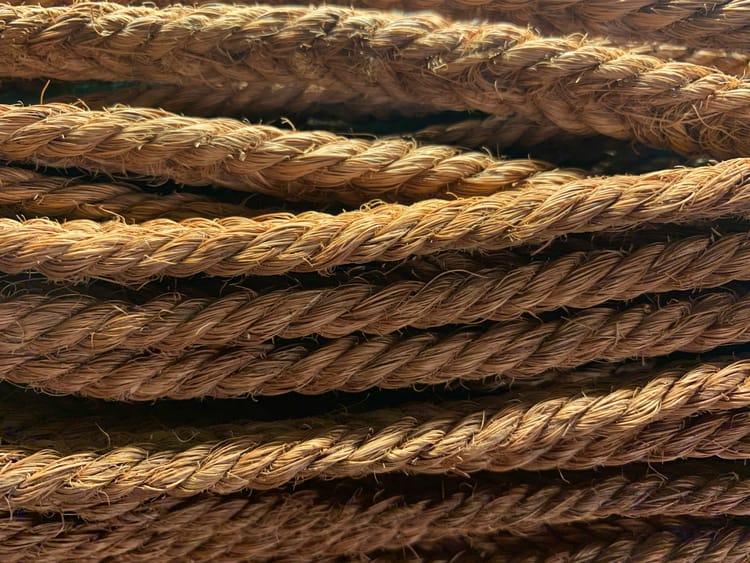
Member discussion